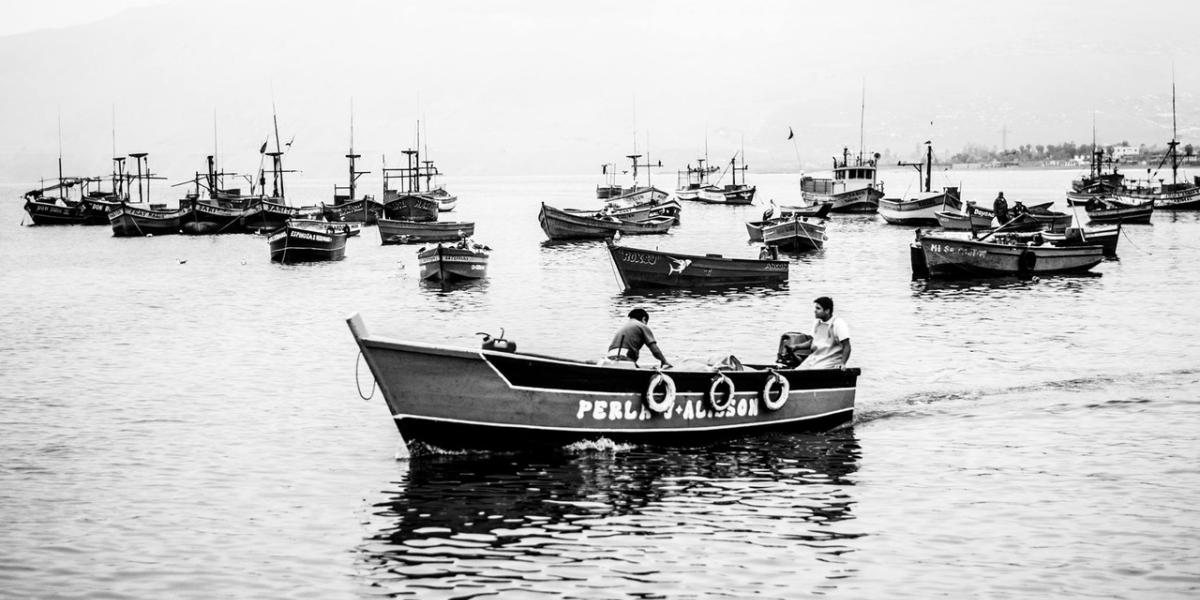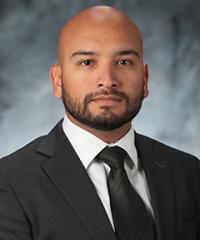
As I write this blog, Indonesia is just beginning to recover from a tsunami that unexpectedly hit the country after a massive volcanic eruption on December 23rd. This deadly event came only three months after another tsunami caught the Indonesian town of Palu off guard after its emergency system failed to trigger an alarm following an earthquake. With hundreds of lives lost, thousands of coastal homes and buildings washed away, and billions of dollars in economic losses, it’s impossible to deny the importance of reducing the impact of natural disasters, not only in Indonesia, but around the world. One unanswered question still lingers: can markets play a role in doing so?
Economists are likely to answer this question with a resounding “Yes,” because like other environmental problems managed through markets approaches, natural disasters are inextricably linked to human systems. While earning my PhD at UC Santa Barbara, I spent a lot of time thinking about this problem. Aside from insurance, I wanted to know if there are institutional factors that determine how populations are affected by and recover from natural hazards. A natural test case for examining this issue is marine fisheries. There is strong evidence that creating well-defined and secure property rights in fisheries can substantially improve their economic performance, and I wondered if property rights also played a role in determining the economic magnitude of a disaster in the fisheries sector.
To dig further into this question, I used small-scale fisheries in Chile as an example. A tsunami devastated the Chilean coast in 2010, and by contrasting affected fishers that had and did not have property rights, I showed that the tsunami had significantly higher costs for fishers without property rights. The rationale behind this outcome is that in open access systems where there are no property rights, fishers face incentives to rapidly accumulate more boats, and also more expensive boats. This means that there is more capital at risk in an event like a tsunami, and also inefficiently high rates of investment to rebuild the fleet after such a devastating event. Ultimately, I found that every additional meter of tsunami wave height was four times more costly for fishers in open access fisheries. This means that at least 25% (or $6 million) of the post-disaster aid that the government provided to the fisheries sector was the result of a lack of property rights. These results suggest that open access is not only bad for the biological and economic sustainability of fisheries; it also significantly increases the total cost of environmental hazards.
These results are important because disasters create a huge need for aid and relief. Providing more aid to one sector because of the competitive incentives found in open access settings may not only be economically inefficient, but also ethically questionable. I am now working to assess how generalizable these insights are. Tsunamis are relatively rare, and Chilean fishers may have characteristics that are unique to them. I want to establish if property rights help fishers become more resilient to other types of hazards across geographical contexts.
I plan to address this challenge in my next phase of work and in collaboration with emLab. We will test whether these insights hold true for hurricanes and sea level rise in the Caribbean, and how cash transfers to fishers in the Virgin Islands help them recover from hurricanes. Our primary objectives are to identify key interventions that reduce the impact of disasters (including implementing property rights), increase resilience, and empower vulnerable sectors, even in the face of extreme environmental hazards.



